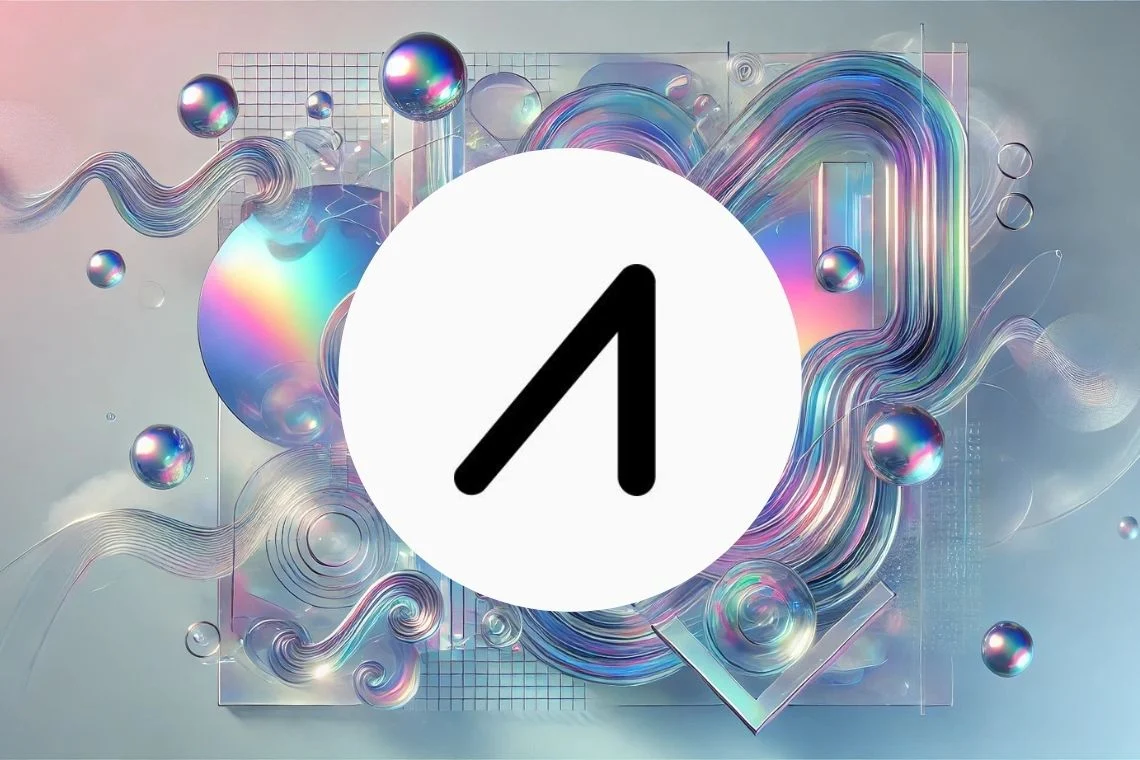AIOZ Network: Pioneering Decentralized Infrastructure in 2024

The AIOZ Network is a notable player in the burgeoning sector of Decentralised Physical Infrastructure Network (DePin). Founded in 2017 by Erman Tjiputra, this blockchain platform is designed to revolutionize digital content storage, transmission, and monetization. Utilizing a Delegated Proof-of-Stake (DPoS) consensus mechanism, AIOZ can process up to 1,400 transactions per second, showcasing its scalability. The network operates on a decentralized content delivery system powered by over 217,000 P2P nodes, which are rewarded with the native AIOZ token for their contributions. AIOZ also provides a decentralized marketplace for AI assets, allowing users to monetize their resources while addressing concerns related to data centralization and user privacy.
In 2024, the AIOZ token experienced remarkable growth, skyrocketing approximately 700% from $0.14 to $1.12. This surge was fueled by a bull wave that began in February, attracting significant investor interest. Despite a brief pause during the summer, the token’s value resumed its upward trajectory in November, maintaining strong support above the EMA 50. Currently priced at $1.02 with a market capitalization of $1.14 billion, AIOZ ranks #86 on CoinMarketCap. Looking ahead to 2025, the token is expected to continue benefiting from the DePin trend, although potential bearish movements could see it drop to around $0.80.
While AIOZ Network operates within the Ethereum and Cosmos ecosystems, the majority of DePin activity is concentrated on Solana. A recent report highlighted that four of the five largest decentralized physical infrastructure networks are based on Solana, with Grass leading the pack by contributing 2.5 million devices. The DePin sector has seen a substantial increase in demand for data processing, with top projects earning $500 million in revenue, marking a 33-fold growth from the previous year. AIOZ, positioned 14th in terms of node count, continues to be a significant player in this rapidly evolving landscape.
Related News





